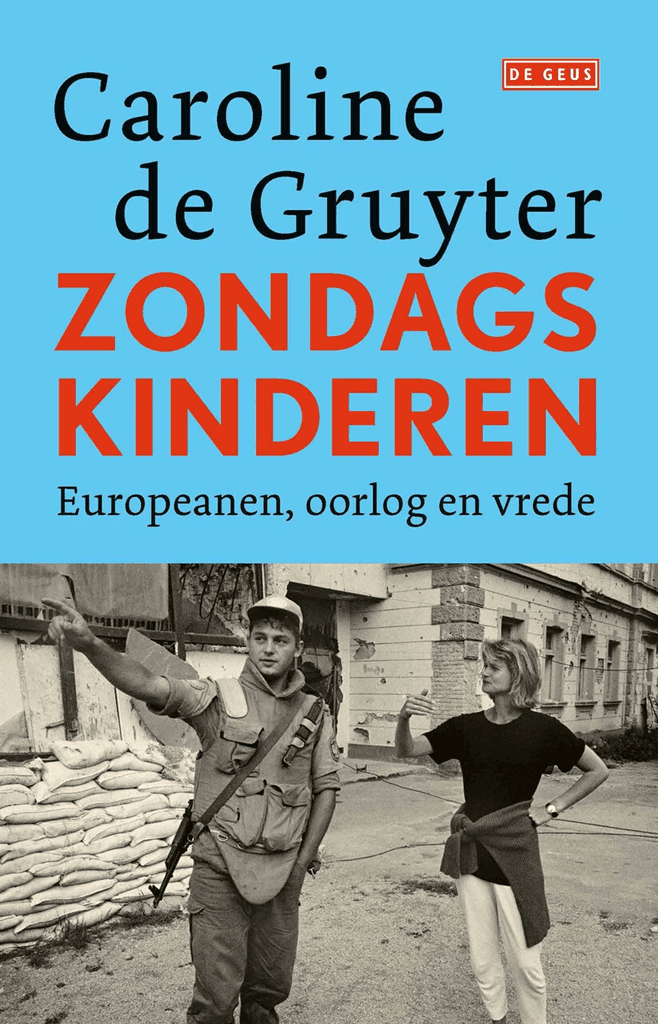Catalogues
New Dutch Fiction

The Enchantment of Lucy Applewhite
A thrilling and moody gothic novel about a girl who is afraid evil resides within her

Small Sacred Things
Who determines your path in life? God, your mother or you?

In My Eyes I Carry Clouds
A journey into the past, to seek closure and move on with life

The Sheer Nerve
Original, sparkling, sharp and funny
Dutch Non-Fiction

The Treasure of Freedom
A forthright and fascinating contribution to public discourse on slavery, identity and post-colonial heritage.

The Unique Animal
A profound journey of discovery to find the essence of humans and other animals and life forms.

The Floating World: A Dual Biography of Franz von Siebold and Kusumoto Oine
A captivating dual biography about the incredible lives of a European doctor and his Japanese daughter in the nineteenth century.

Sunday’s Children: Europeans, War and Peace
Essential and highly relevant reading about the prospect of war, peace in Europe and lessons from the past, as told by one of the continent’s leading correspondents
Children's books

Oever
Jip has to make a self-portrait for school. But even though the teenager has a talent for drawing and ‘a head that’s bigger on the inside than on the outside’, every attempt fails. ‘The problem isn’t with the letters in the assignment,’ Jip realises. The ‘portrait’ part is fine. No, it’s the word ‘self’ – what is Jip supposed to do with that?

The Great Flood
Fourteen-year-old Moos wakes up to find Leon, his foster grandfather, sailing into his room, complete with his bed. The world has been engulfed by a devastating flood. Fortunately, Moos is prepared: a raft carrying his grandpa’s old Buick and sufficient food and tobacco for Grandpa proves to be a lifesaver, and a frantic adventure ensues, full of social criticism.

The Teller of Wonders
An intriguing look at a historical figure and the relationship between fact and fiction, with plenty of fun along the way

The Tree That Was a World
Night is when the sloth likes to party. During the daytime, he hangs on his branch and acts like he’s doing nothing. But as soon as darkness falls, he starts doing somersaults and causing a commotion at the nearby lake, where the pikes are trying to sleep. The other inhabitants of the tree pretend they don’t know what’s going on. Meanwhile, they’re all getting on with their own lives and their own little dramas.